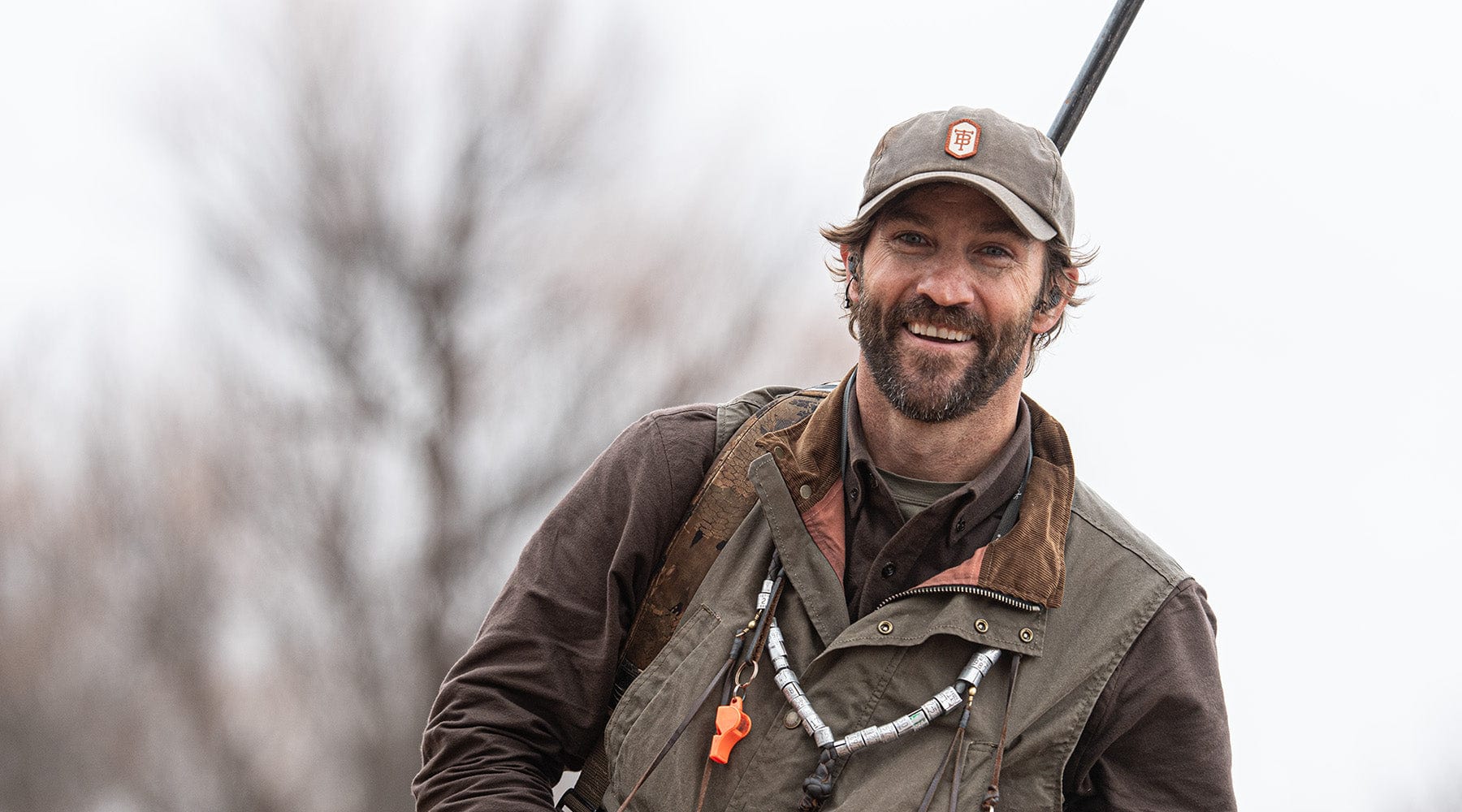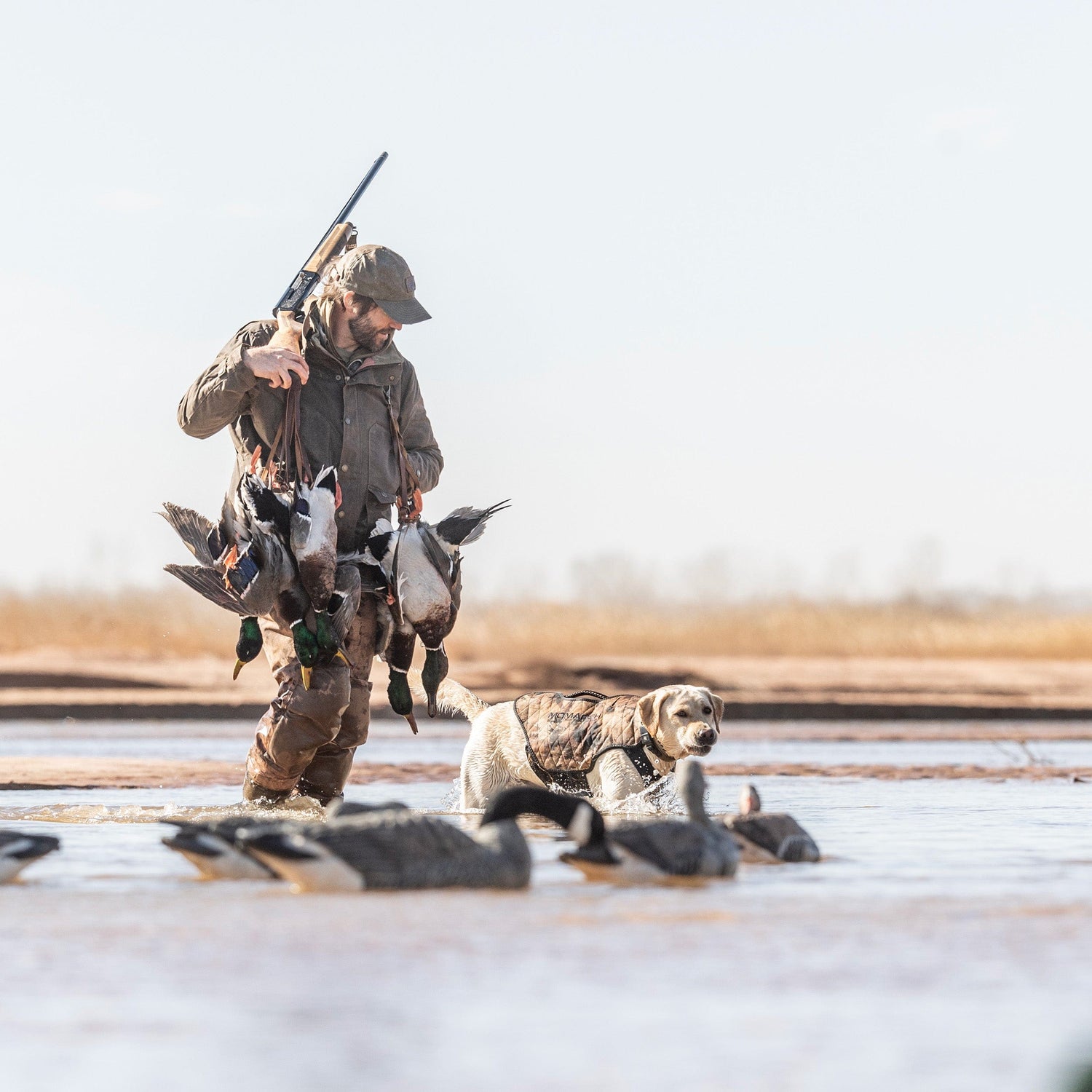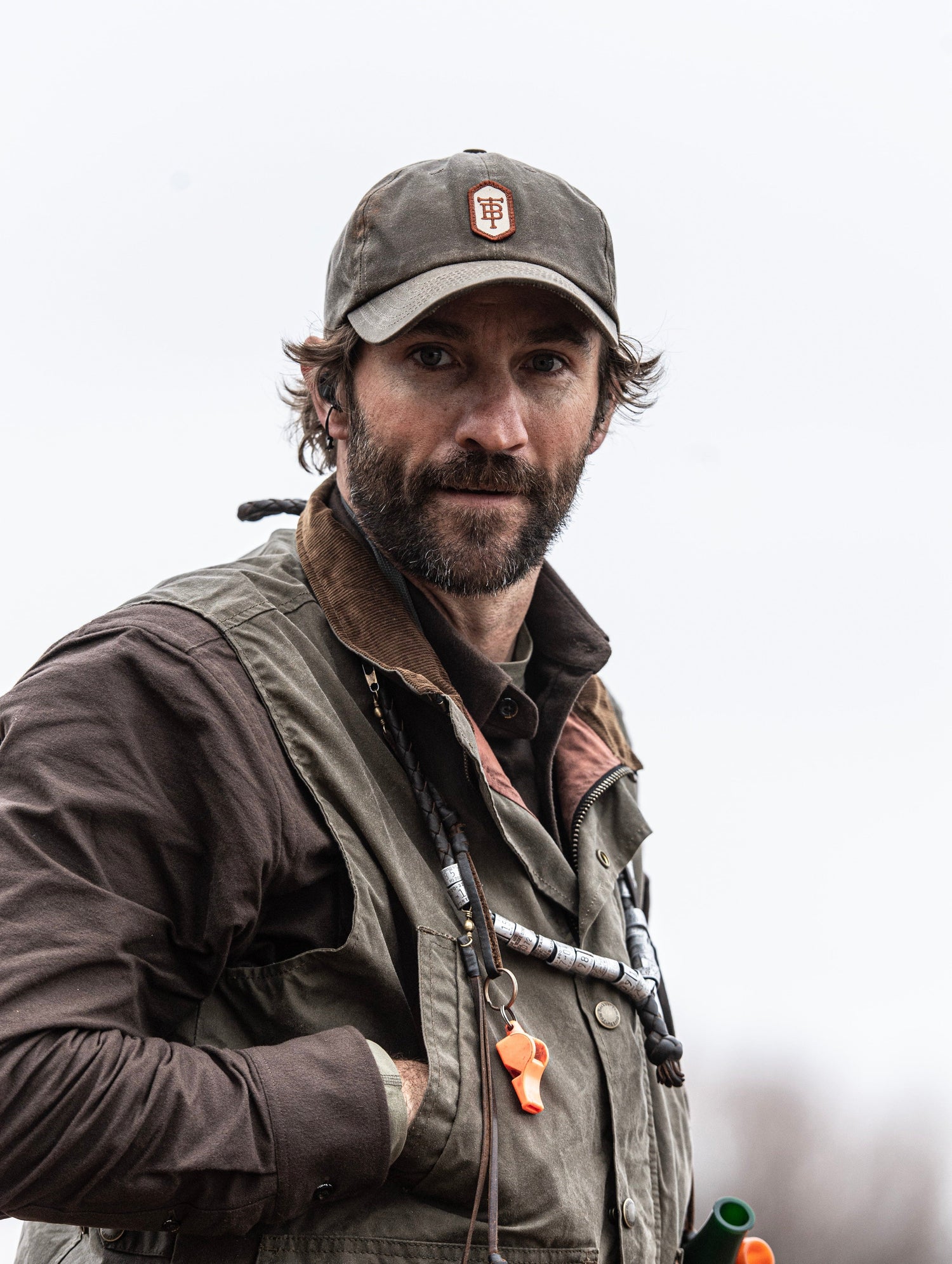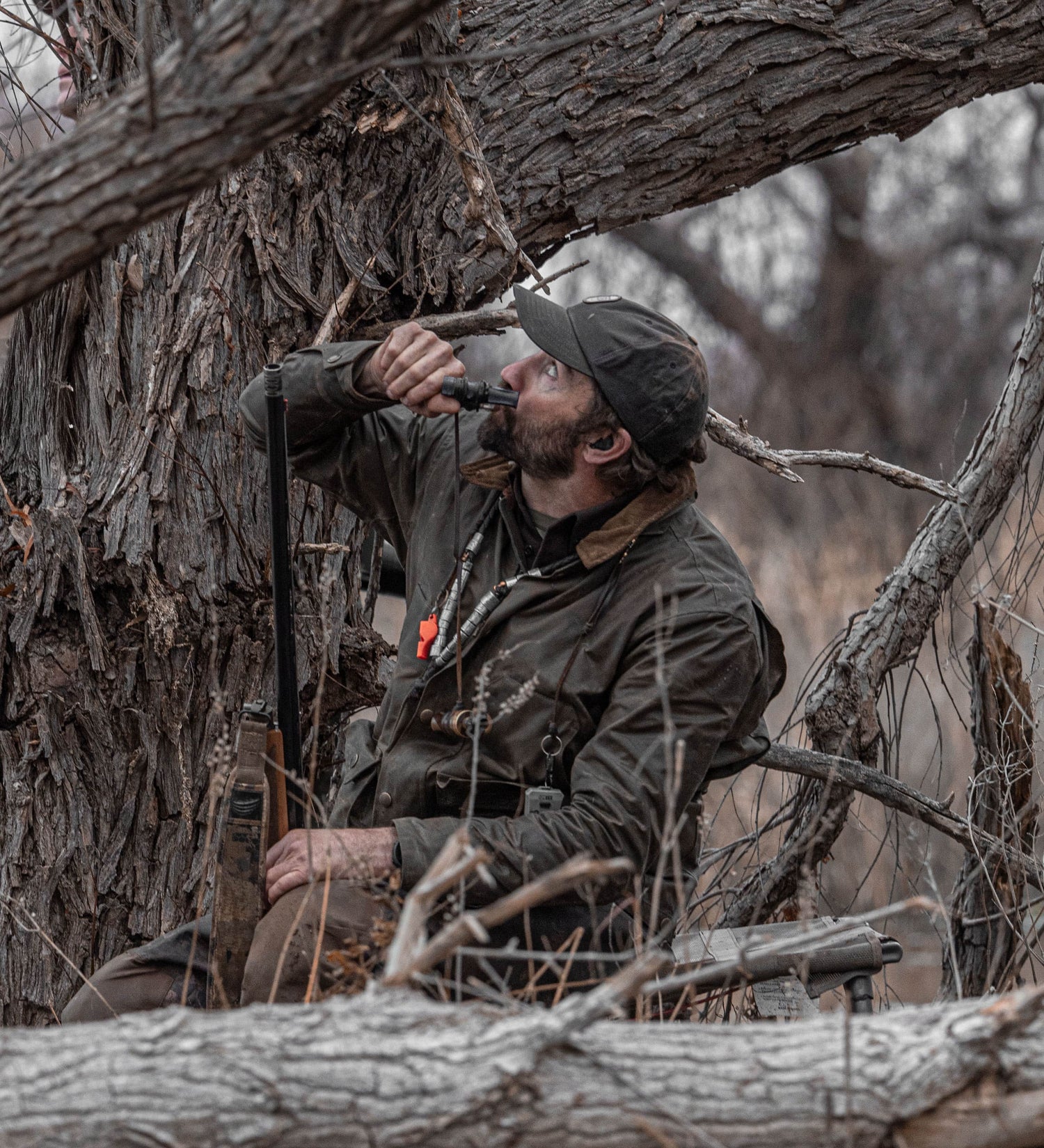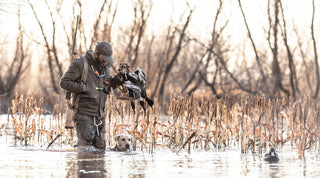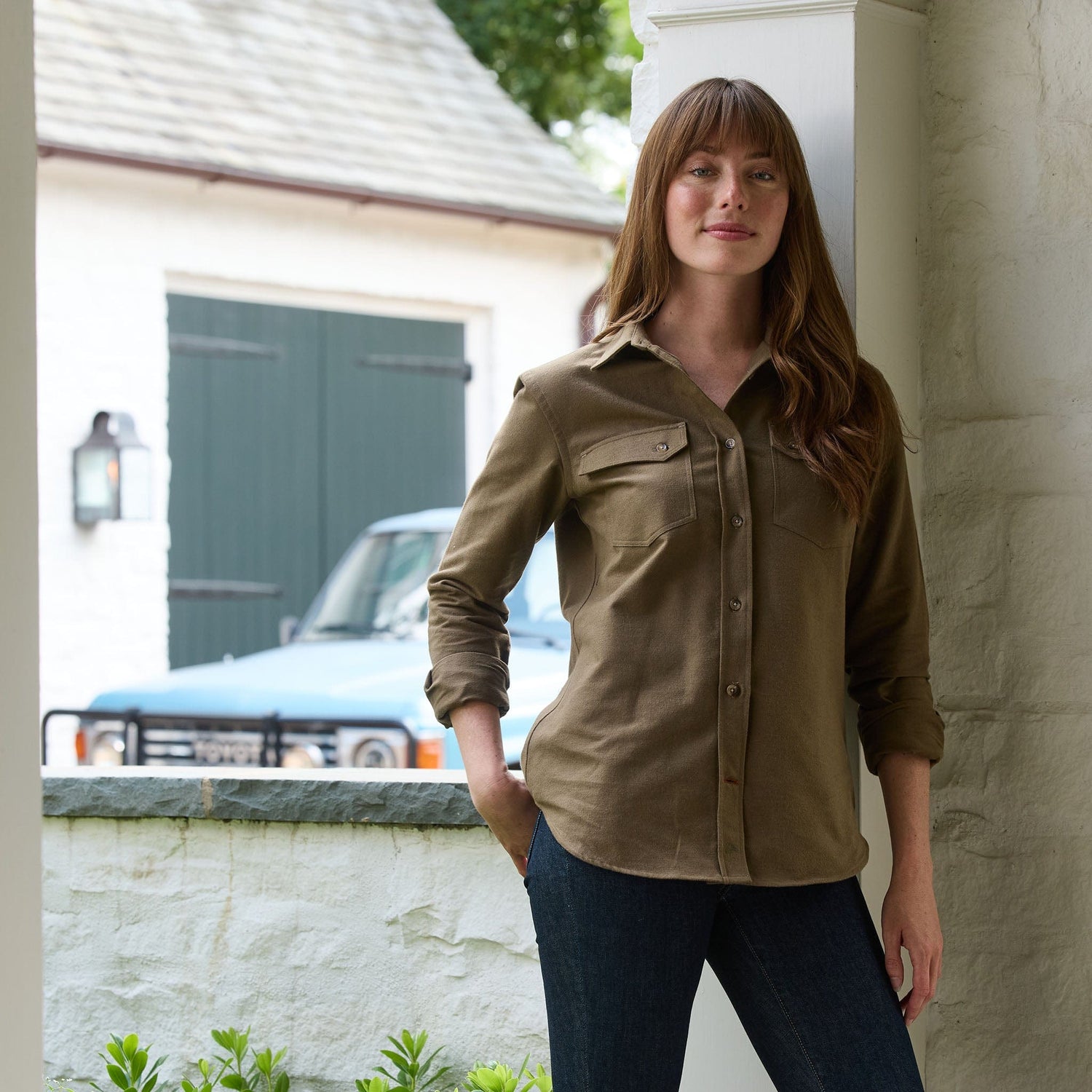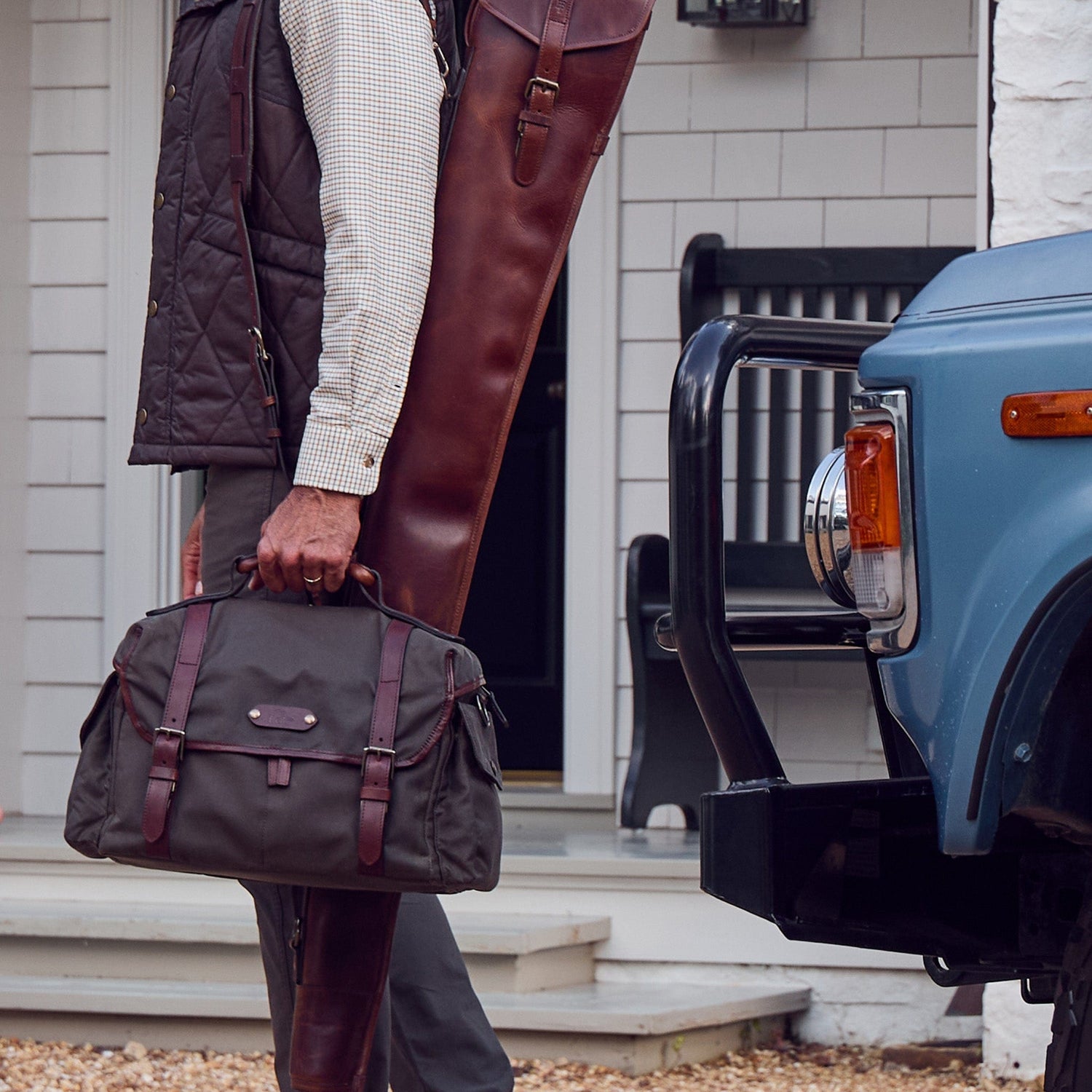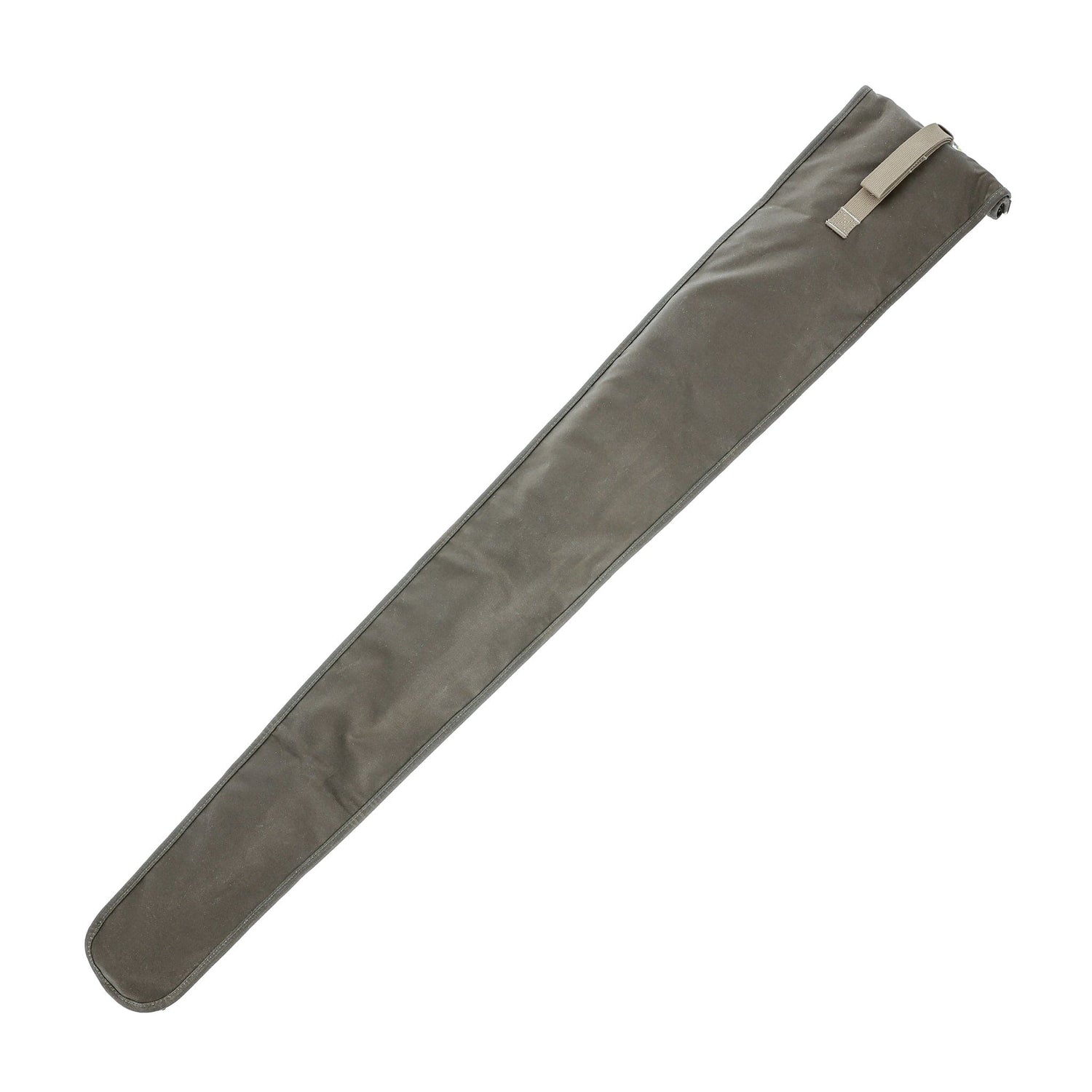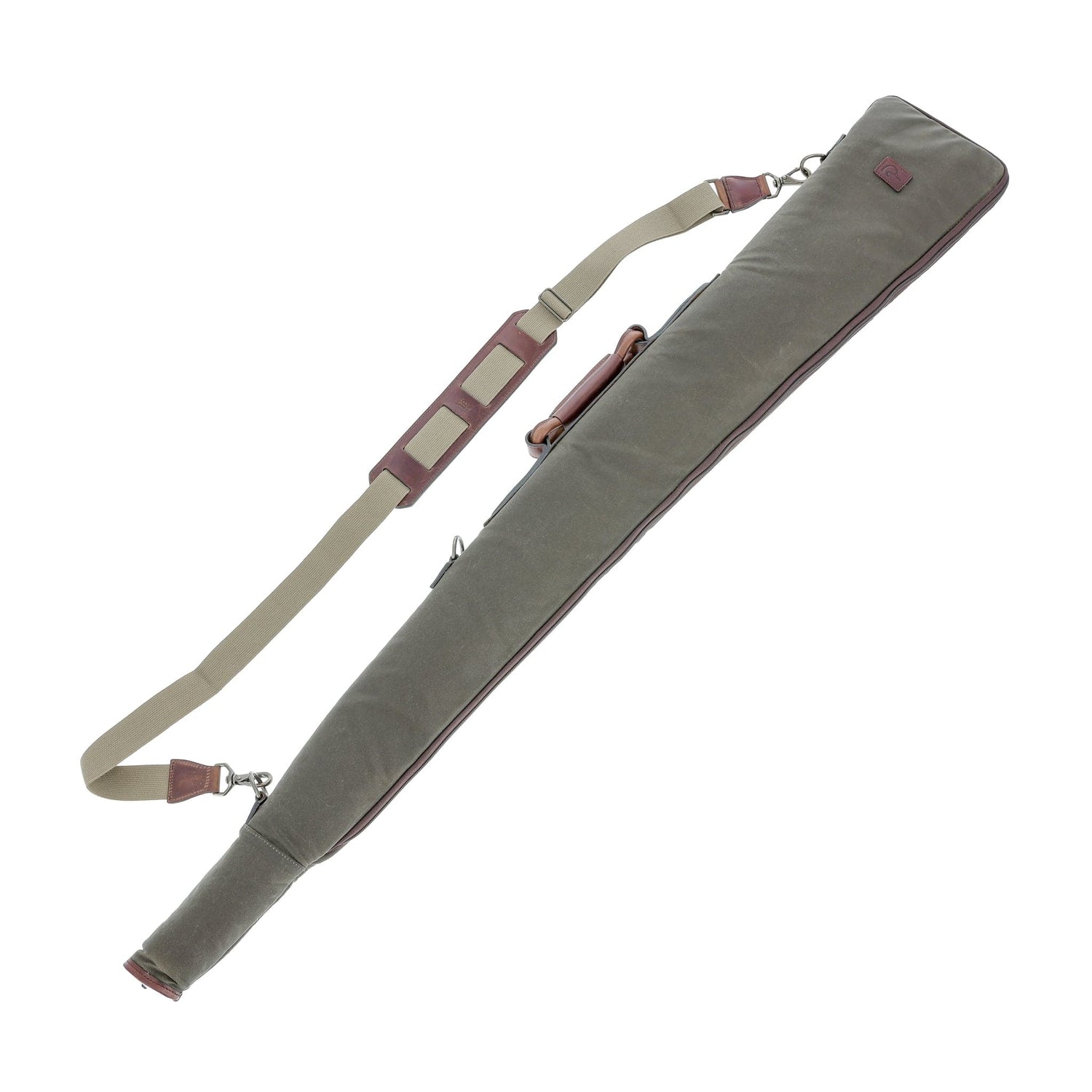Cheever Farley is a passionate man, deeply serious about his faith and family. The Texas landman is also a lifelong waterfowler, a man who describes getting “the nod to go” with his father as a child as “kind of always like Christmas Day” and guiding as a student at Louisiana State University, as the time when “what started as a spark...turned into a flame.” Farley has since experienced most of what the North American continent has to offer a waterfowler, hunting 60-70 days some years. But beyond the things that make him who he is, to understand Cheever Farley and what drives him, one must understand Farley’s belief in redemption, the never-ending pursuit of which makes him what he is: a man on a mission to leave things better than he found them.
Gifting has never been easier
Perfect if you're short on time or are unable to deliver your gift yourself. Enter your message and select when to send it.
